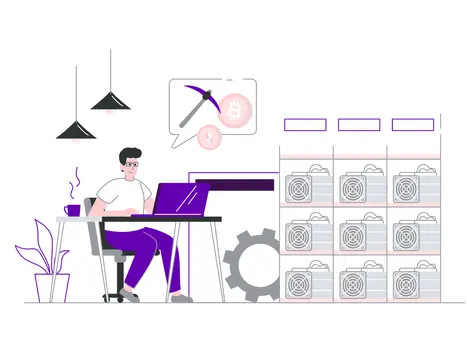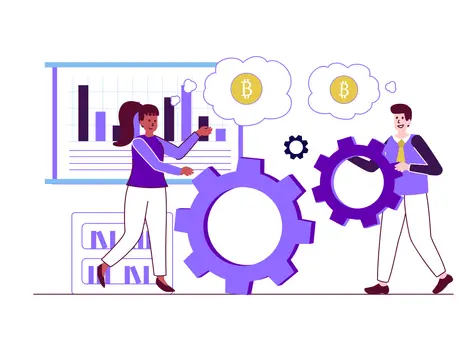What is KYC?
KYC is a process used to request and analyze customer data to prevent illegal activities, provide personalized service, and verify identity.

KYC is an acronym for Know Your Customer, a range of processes carried out by financial institutions mostly, which will enable them to achieve literal knowledge of their customer. The KYC rules start upon a client's registration, in which several documents are at request to prove his identity, for instance, financial resources and addresses. However, such proof and analysis shall be kept throughout the relationship between parties, updating and monitoring customer activities.
The KYC's goal is to combat illegal activities such as money laundering, terrorism, identity fraud, corruption, and other financial-related threats. Besides, offering the most appropriate services and anticipating risks will help customize the service, which means more personalized customer service.
Nowadays, Know Your Customer is even more important if we take technological advances and automated practices into consideration, assuming a crucial role while constantly improving. Financial institutions, such as banks, brokerages, crypto exchanges, and others, offer online opening accounts, which will continuously grow in the future. The KYC assumes pivotal importance in this process because it works as the only way for the client to prove his identity and legal practices.
KYC in practice
Do you remember when you are opening an online account? You take pictures of your identification documents (driver's license, passport, etc.) Your proof of residence, and even take a selfie holding your documents? All this using your cell phone? You are performing the KYC process.
As a client, you must provide all the information requested by the account institution upon registration and wait for the documentation approval. The complete procedure behind the scenes is up to the company, which will use platforms, artificial intelligence, and connection with other institutions to analyze and approve your registration.
To open an account in crypto exchanges, you usually need primary data, like name, identification number, e-mail, and phone number. Nevertheless, your access will be limited, not allowing withdrawals, buying/selling crypto assets, and even fiat deposits. Only by completing your KYC, which means, after your identity verification, will you have access to all the services available.
Such data are collected and verified automatically through artificial intelligence, OCR (Optical Character Recognition - or Optical Character Recognition, in Portuguese), RPA (Robotic Process Automation), etc. The complete process becomes more dynamic, simple, and fast, a sterling benefit for those clients who want to start their financial journey with an easy clean sheet.
Concurrent with this, the system is not perfect, and still has flaws. The number of scammers continues to grow and deceive these systems through loopholes. Still, the institution is responsible for prioritizing hefty technologies that are constantly evolving and updating its processes.
KYC and cryptoassets
The deep connection to freedom and decentralization provides cryptocurrencies with a pseudonymous nature. Which sadly leads to their use for illegal activities such as money laundering and tax evasion. That is why the KYC's regulatory practices are vital for the functioning of crypto exchanges because they end those crimes conducted throughout these platforms.
The main argument is the bureaucratic procedure that goes against the decentralization expected from cryptocurrencies. Yet applying KYC stages will not hinder purchases, sales, and exchanges. Instead, it will legitimize the process and secure both parties.
In addition to those benefits, we have:
Effective risk prevention and management.
Assistance in legal compliance.
Loss reduction and profit optimization.
A better experience for the user.
Regulation issues
The legislation for KYC has its practices defined by each country, and there is a global consensus regarding it. The FATF (Financial Action Task Force) is the coordinator of the multinational concerning their regulatory conditions. Contemporaneous, there are two imperative international guidelines: The 5th Anti-Money Laundering Directive (5AMLD) and the Electronic Identification, Authentication and Trust Services (eIDAS).
According to 2090 Know Your Client Rule, every broker-dealer must know and keep records about crucial facts of each client. The U.S. Financial Crimes Enforcement Network (FinCEN) also indicates that digital assets and cryptocurrency market institutions send, maintain, and verify customers' identities.
Did you know that Digitra.com uses KYC to verify customer accounts? Check out our App and open your account with security and regulation.



